NEWS
US TikTok Ban: A Fight For Security Or Fascism?
Published
11 months agoon
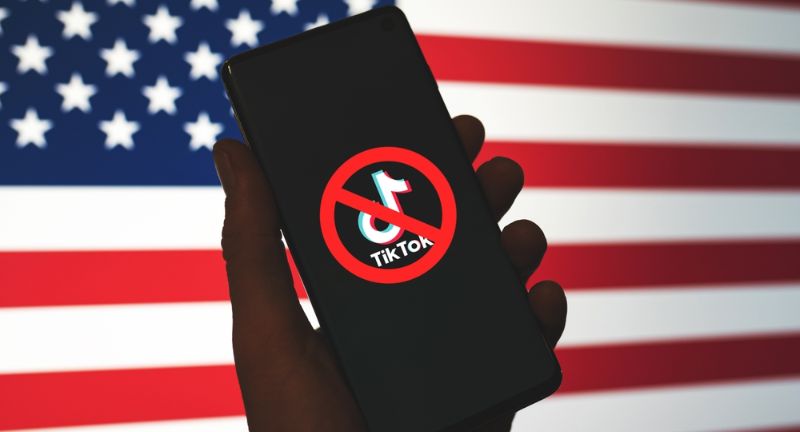
Shutterstock
The debate over TikTok’s future in the United States has ignited a firestorm of controversy, capturing the attention of everyone from Capitol Hill to the app’s 150 million American users. At the heart of this debate are concerns over national security, privacy, and the influence of foreign powers, juxtaposed against the backdrop of a digital platform that has reshaped the cultural and social landscape.
As lawmakers grapple with the complexities of regulating a global internet phenomenon, the American public remains sharply divided, reflecting a broader struggle over the balance between security and freedom in the digital age. With the potential for a TikTok ban hanging in the balance, the outcome of this contentious issue could have far-reaching implications for the future of digital expression and international tech policy.
Bipartisan Bill Progresses
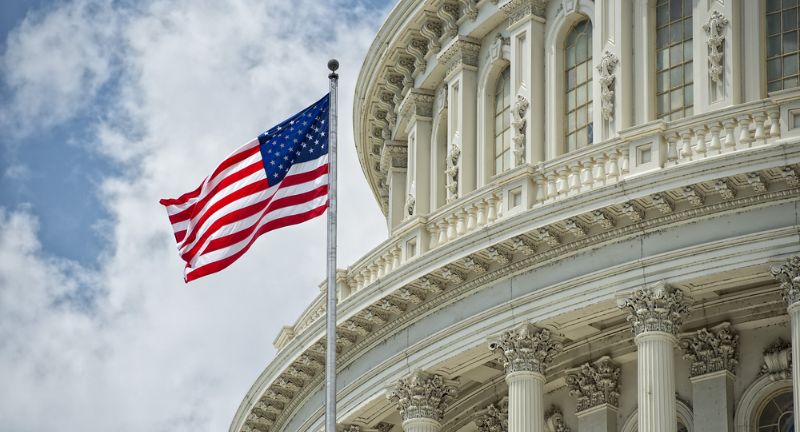
Shutterstock
The US House of Representatives passed a bill targeting TikTok, requiring ByteDance to divest US assets of TikTok within six months or face a ban. This move reflects bipartisan concern over national security, though the bill must still clear the Senate and receive presidential approval. This legislative action emphasizes the US government’s apprehension about foreign control of widely used apps.
Presidential Support with a Twist
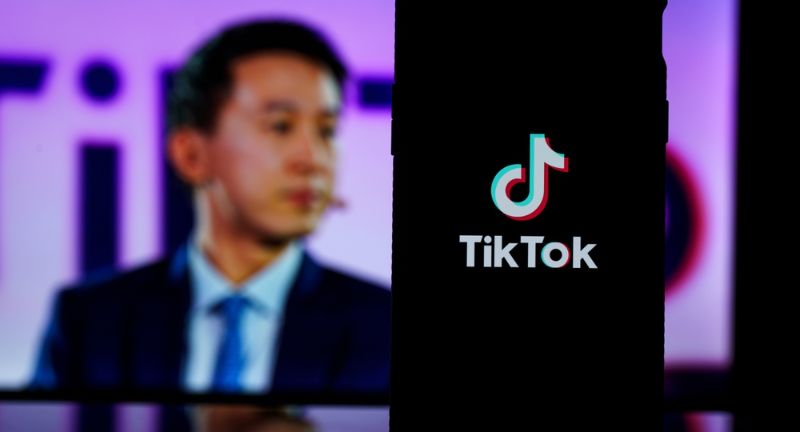
Shutterstock
President Joe Biden has shown support for a TikTok divestment bill, highlighting a nuanced approach to handling apps controlled by foreign adversaries. The existence of multiple versions of the bill in Congress underscores the complexity of formulating a policy that addresses national security concerns while navigating the legislative process.
Public Opinion Divided
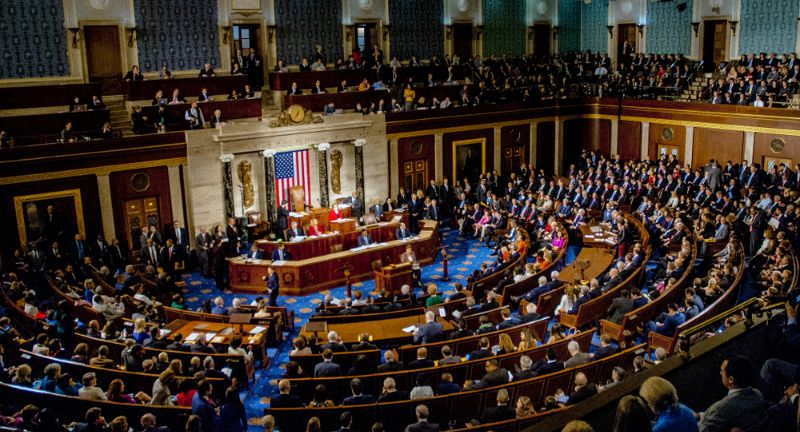
Shutterstock
A Pew Research Center survey revealed a significant divide in American public opinion on the TikTok ban, with a substantial majority supporting the government’s action against the app. This divide underscores the varying perspectives on national security versus the value of the platform to its users.
Global Platform’s Stake
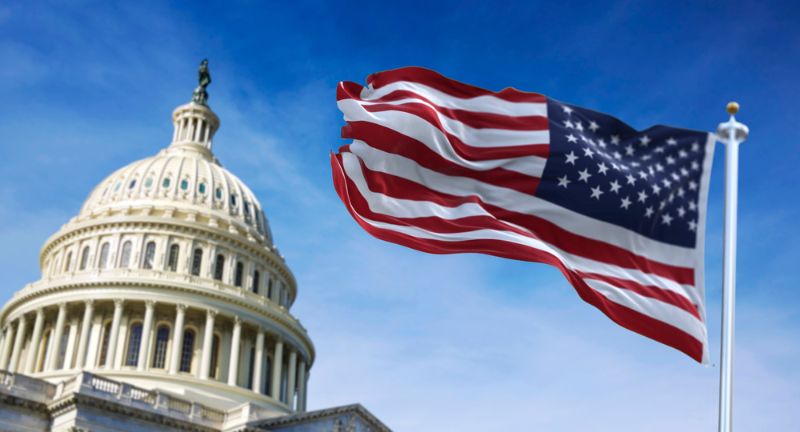
Shutterstock
Policymakers’ fears that ByteDance could share user data with the Chinese government have led to intense scrutiny of TikTok. Concerns also extend to potential misinformation and propaganda spread through the platform, reflecting the broader geopolitical tensions between the US and China.
CEO’s Congressional Appearance
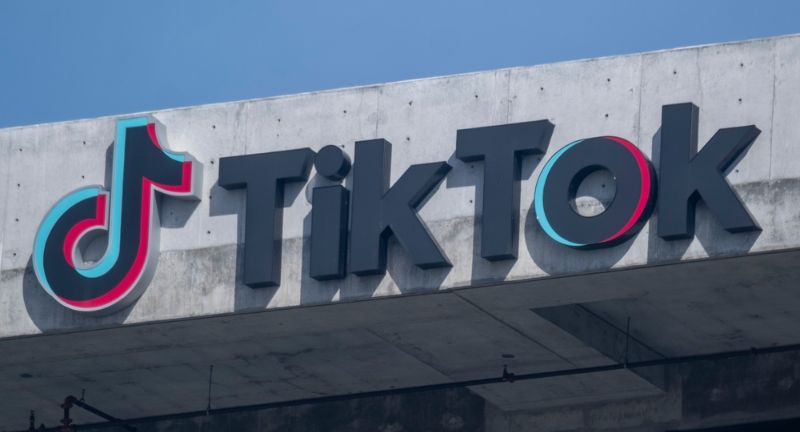
Shutterstock
TikTok CEO Shou Zi Chew’s appearance before Congress was a pivotal moment, as he defended the platform against allegations of security risks. Chew’s efforts to highlight the positive aspects of TikTok amidst the scrutiny reflect the company’s strategy to mitigate concerns and advocate for the app’s value to American users.
User Concerns and Creator Impact
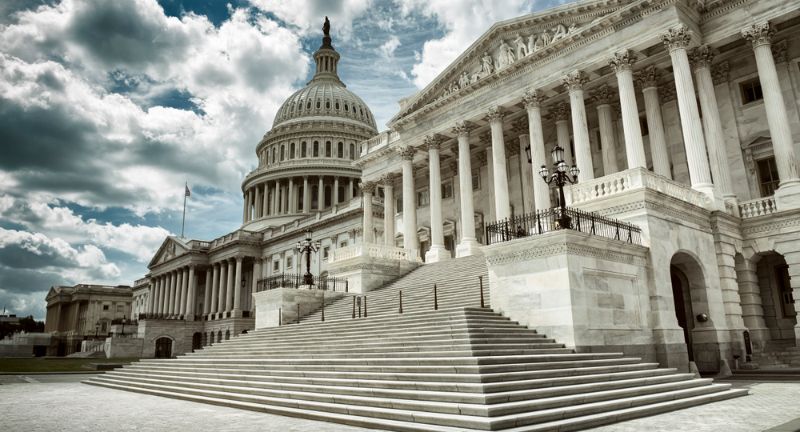
Shutterstock
The TikTok community has voiced strong opposition to a potential ban, with many creators expressing their frustration over the legislative efforts. This opposition highlights the platform’s cultural impact and the significant role it plays in the lives of millions of Americans.
Privacy and Data Security Incidents
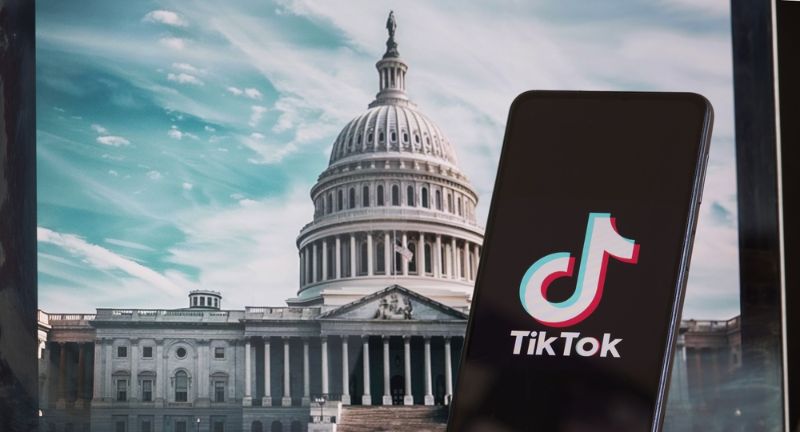
Shutterstock
Past incidents of ByteDance employees tracking journalists and accessing US user data have raised serious privacy and data security concerns. These issues contribute to the heightened scrutiny of TikTok and fuel the debate over the platform’s ability to protect user information.
Legal and Constitutional Challenges
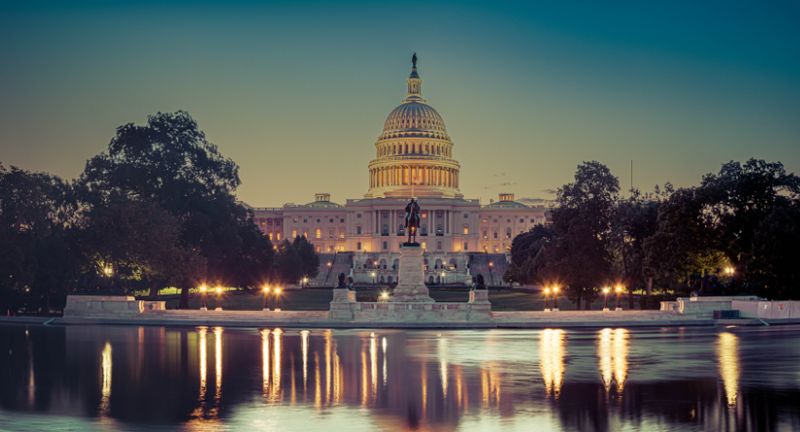
Shutterstock
The bill targeting TikTok raises complex legal questions, especially regarding First Amendment rights and the potential for government overreach. Legal challenges to the bill, if passed, could set significant precedents for how the US regulates foreign-owned technology companies.
Federal and State Restrictions
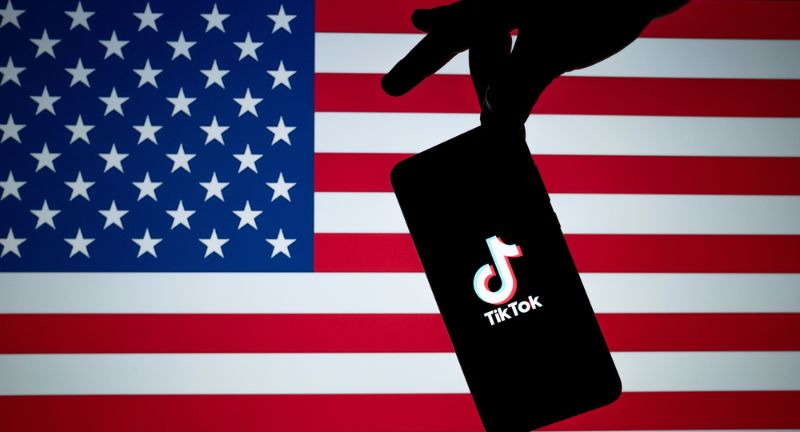
Shutterstock
The federal government and various states have already taken steps to restrict TikTok’s use on government devices and, in some cases, implement outright bans. These actions reflect growing concerns about the app’s security implications and the precedent it sets for other states considering similar measures.
Foreign and Domestic Reactions
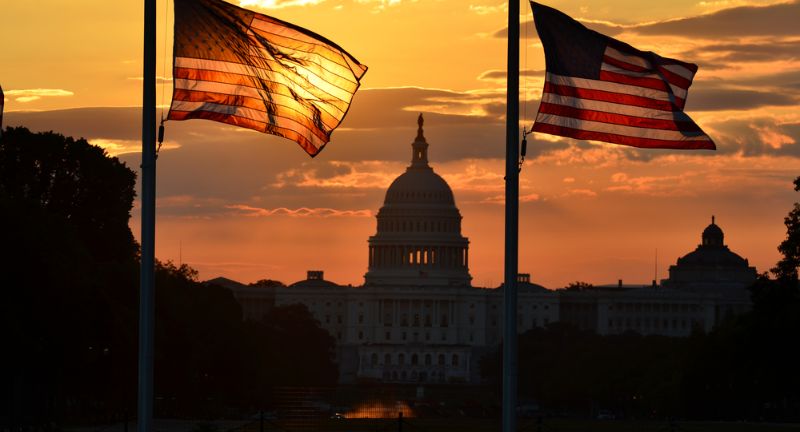
Shutterstock
China’s opposition to forced sales of TikTok underscores the international dimension of the debate, highlighting the app’s importance to China’s global digital strategy. The issue illustrates the broader contest for digital influence between the US and China.
TikTok’s Cultural Impact
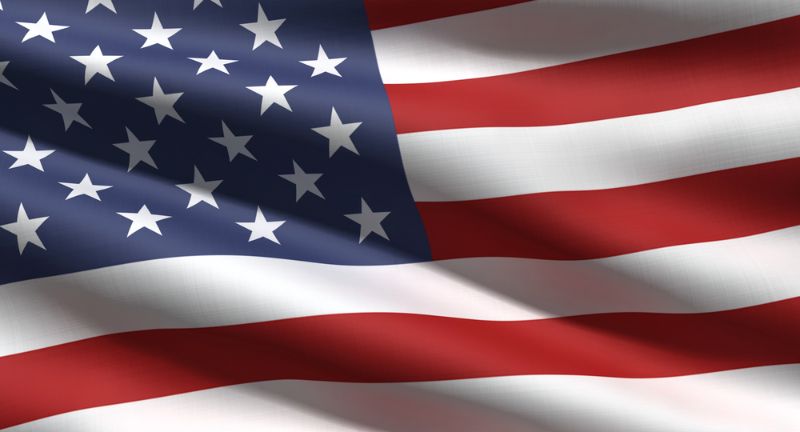
Shutterstock
TikTok’s extensive user base in the US demonstrates its significant cultural impact and the potential consequences of a ban. The platform has become a key space for creative expression and social interaction, especially among younger Americans.
Senate’s Cautious Approach
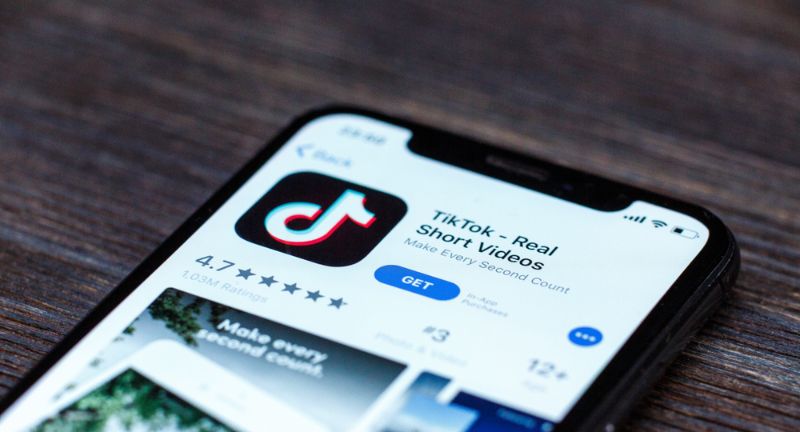
Shutterstock
The Senate’s slow approach to the TikTok bill reflects the legislative body’s careful consideration of complex issues. Differences within political parties and the need for a nuanced policy highlight the challenges of addressing cybersecurity concerns in a polarized political environment.
Influencers Mobilize Against Ban
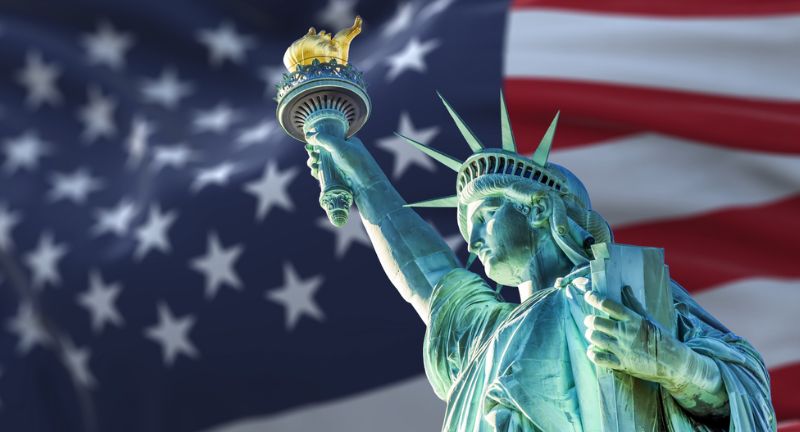
Shutterstock
TikTok influencers have become vocal opponents of the proposed ban, using the platform to mobilize support and highlight its role in civic engagement. Their efforts demonstrate the platform’s power not just for entertainment but also as a tool for political mobilization.
Technological and Security Scrutiny

Shutterstock
The TikTok debate encompasses broader issues of technology’s role in society, including concerns about privacy, security, and the influence of foreign governments. This scrutiny reflects the challenges of regulating digital platforms in a way that balances security concerns with the benefits they offer users.
Future Prospects Uncertain
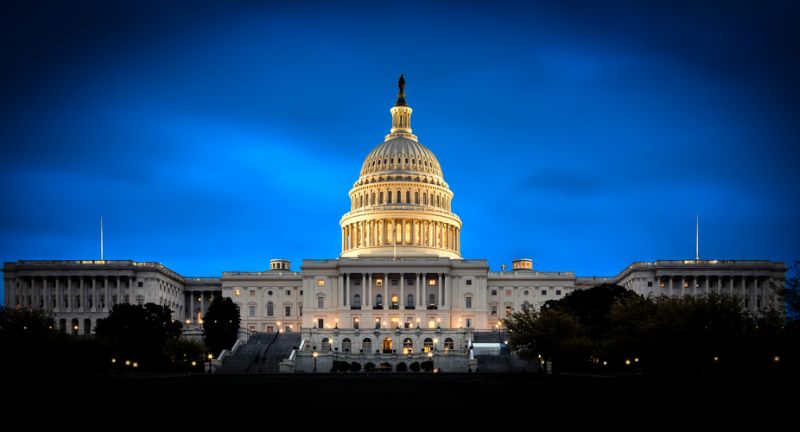
Shutterstock
The outcome of the legislative and public debate over TikTok remains uncertain, with potential legal, political, and social implications. The evolving situation underscores the complex interplay between technology, governance, and international relations in addressing the challenges posed by digital platforms.
Conclusion
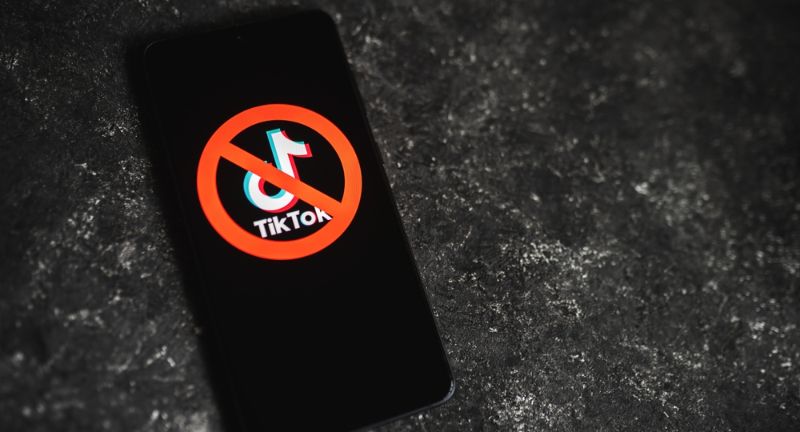
Shutterstock
The TikTok ban debate encapsulates a pivotal moment in the intersection of technology, governance, and global geopolitics, offering a lens into the complexities of digital age challenges. It’s not just a matter of national security or corporate interests; at its core, this issue touches upon the fundamental principles of free expression, international relations, and the future of digital innovation. As the world watches, the outcomes of this debate could redefine the boundaries of digital sovereignty, influence the global tech landscape, and alter the course of digital communication.
This multifaceted issue, teeming with legal, political, and social nuances, underscores the delicate balance between securing national interests and fostering a vibrant, global digital ecosystem.
More From Local News X
-


20 Critical Mistakes That Shorten Your Laptop’s Life
-


25 Things That Are Surprisingly Banned In The USA
-


22 Old Social Norms Which Are Now Ridiculous
-


20 Sweet American Foods That Should Be Banned From Stores
-


22 Things Americans Might Be Doing To Offend Locals While…
-
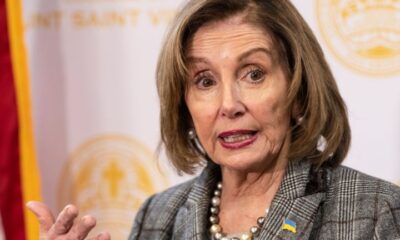

22 Things Democrats Would Ban Immediately If They Could
-


21 Moves Retirees Should Definitely Consider When It Comes To…
-


20 Financial Facts About America’s Retirees Most Aren’t Aware Of
-


19 Milestones That Show How Successful You’ve Been In Life
-


Escaped Killer Slips Search Perimeter in Pennsylvania, Manhunt Expands South
-


20 Surprising Things New Owners Often Don’t See Coming
-


20 Things Millionaires Claim Are The Keys To A Great…
